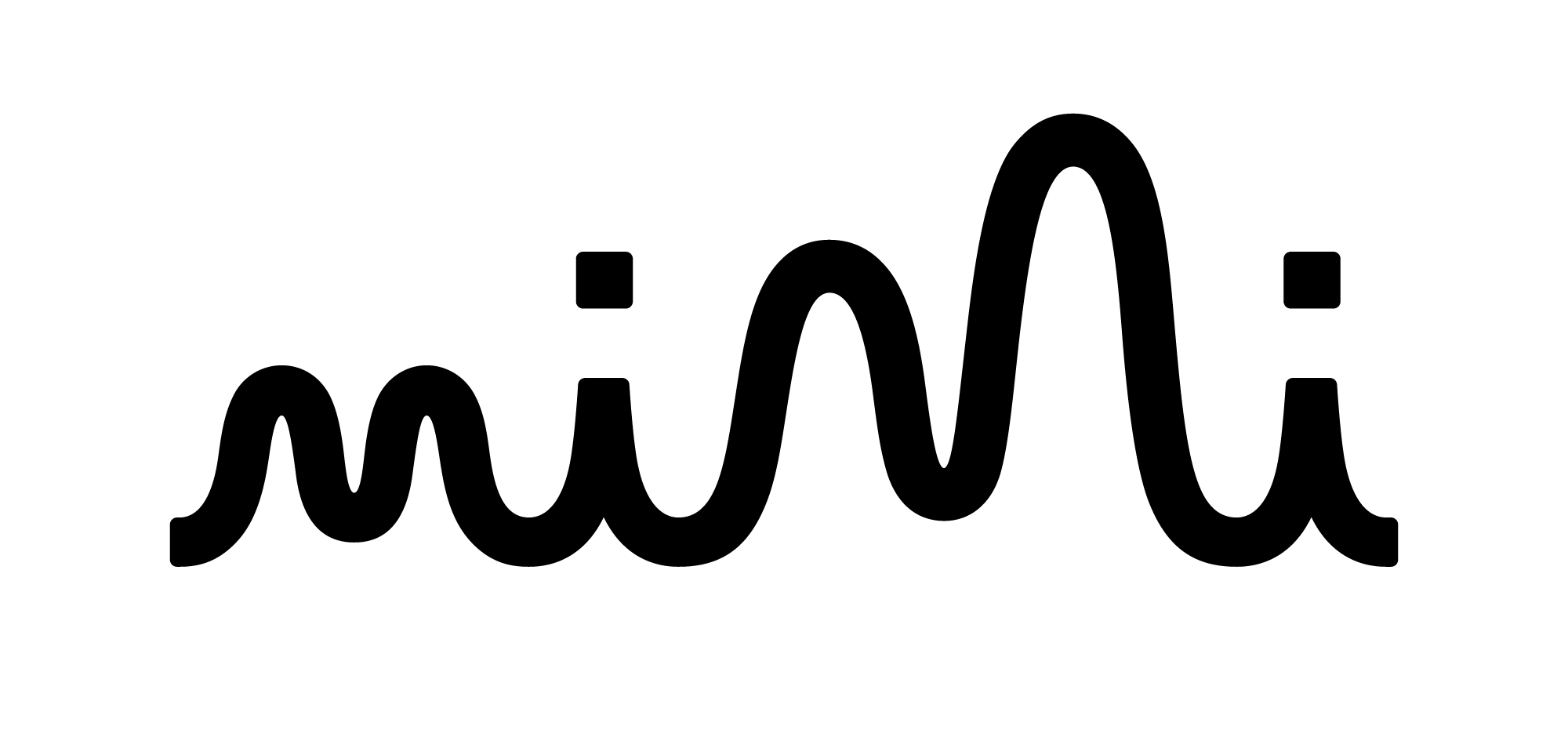On the Uniqueness of Your Hearing Profile
Joining a rock band when you’re eleven plays havoc with your ears in the long run… evidently. After countless sessions, wherein my fellow miniature punk peers blasted our amplifiers, and assaulted our instruments, I was left with continuous ringing in both my ears. Tinnitus is terrible, there’s no way around it, but those who suffer without silence eventually get somewhat used to it. During the day, you have to actively seek out the hum to notice it – as the sounds of the city, even the singing of birds, are enough to drown out the monotonous tone for the most part. Nights are where the real trouble lies, when you’re trying to drift off asleep. Sufferers each have their own individual remedies for this, such as talk radio, meditation or, the classic hysterically weeping until they’re all tuckered out. For me, music has always been my savior in my nightly time of need.
Suffice to say, I’ve come to realize at the ripe old age of twenty-seven, how sensitive, unique and troublesome one’s hearing profile can be. Realizing you’re starting to have hearing problems is a strange and stressful time. Even stranger still, I found it mimics the five stages of grief and loss almost identically.
The Five Stages of Hearing Loss
First there’s denial that you have a problem. “I can’t be hearing impaired, I’m too young.” “This ringing in my ear is bound to go away in another week or two.” I honestly kept up both of these self-deluding mantras for a number of years. The ego can be a strong, albeit nonsensical, tool in this regard.
Second comes anger that you have a problem. The former quote is identical for anger, however there are an abundance of exclamation marks which follow it, and depending on the severity of the anger, a frowny emoticon is a nice touch. You’ll blame everyone but yourself – thanks again to the ego, and curse everywhere you were subjected to loud noises. “I can’t believe they allow speakers that size in nightclubs…”. “Why do bands actually need drummers?!”. You’ll say and think anything to avoid the fact you, yourself, where instrumental in your hearing’s deterioration, and to avoid recalling the times you said “but, earplugs look ridiculous!”
Bargaining, the next stage of grief and hearing loss, comes about when you realize tinnitus is so devoid of treatment it’s almost comical. During the bargaining stage, however, you’ll convince yourself that a medical breakthrough is just around the corner, that scientific research has made a turning point, and you’re willing to beg, steal or borrow anything to get your hands on it.
For the depression stage, see the aforementioned hysterical weeping option.
Finally, there’s the acceptance that you are hearing less than you used to. This is the stage of hearing loss where you admit to yourself there is no quick fix for tinnitus, that you’ll probably never be able to enjoy clubs and concerts like you used to, and that ear plugs are now an essential part of life.
Not Dead Yet
Where hearing loss differs from the five stages of grief and loss, is due to a quantum leap forward in technology. How we listen to music and the world around us has changed dramatically. As a result, all hope is far from lost for my hearing-impaired brethren who can once again take charge of how and what we hear. Thanks to smart phones sneaking their way into almost all aspects of modern life, we’re never more than an arm’s length away from music, knowledge, and millions, upon millions, of applications ranging from the inexplicably silly to near life changing.
The Modern Ear
Big name companies such as Napster and even have teamed up to take advantage of this niche market of consumers such as myself, that need, or simply want, to pay more attention to how they hear. Mimi Hearing Technologies (that company you’ll find at the top of the page) distinguish themselves from companies like Nura – who focus on marketing headphones with personalized hearing functionality – as Mimi allows you to test your ears via your smartphone, and hear the clear results for yourself once the sound is adjusted to your unique hearing profile on any device, with any set of headphones.
For people such as myself, who need to be conscious of sharp contrasting tones creeping into my nightly playlists and irritating my sensitive ears, using Mimi limits unwanted surprises. Once the Mimi Hearing Technologies hearing test is complete, all music played via a partner of Mimi will be personally adjusted to suit your own individual hearing profile. This is not a matter of simply making the sounds louder, or clearer – it allows you to take charge of how all sound interact with your inner ear.
Your headphones can also be adjusted to interpret the external sounds of the world around you. The sounds of external world can be set to match your hearing profile, without guesswork and in accordance with the latest scientific research. As a result, typical conversational catch phrases such as “excuse me?” “pardon?” and – the classic – “huh!?” become a thing of the past. It’d bring a tear to your eye, though thankfully no longer on the pillows of those restless tinnitus sufferers. Hearing loss, then, differs from the five stages of grief and loss, as thanks to a rapidly changing technological world – there is hope.
